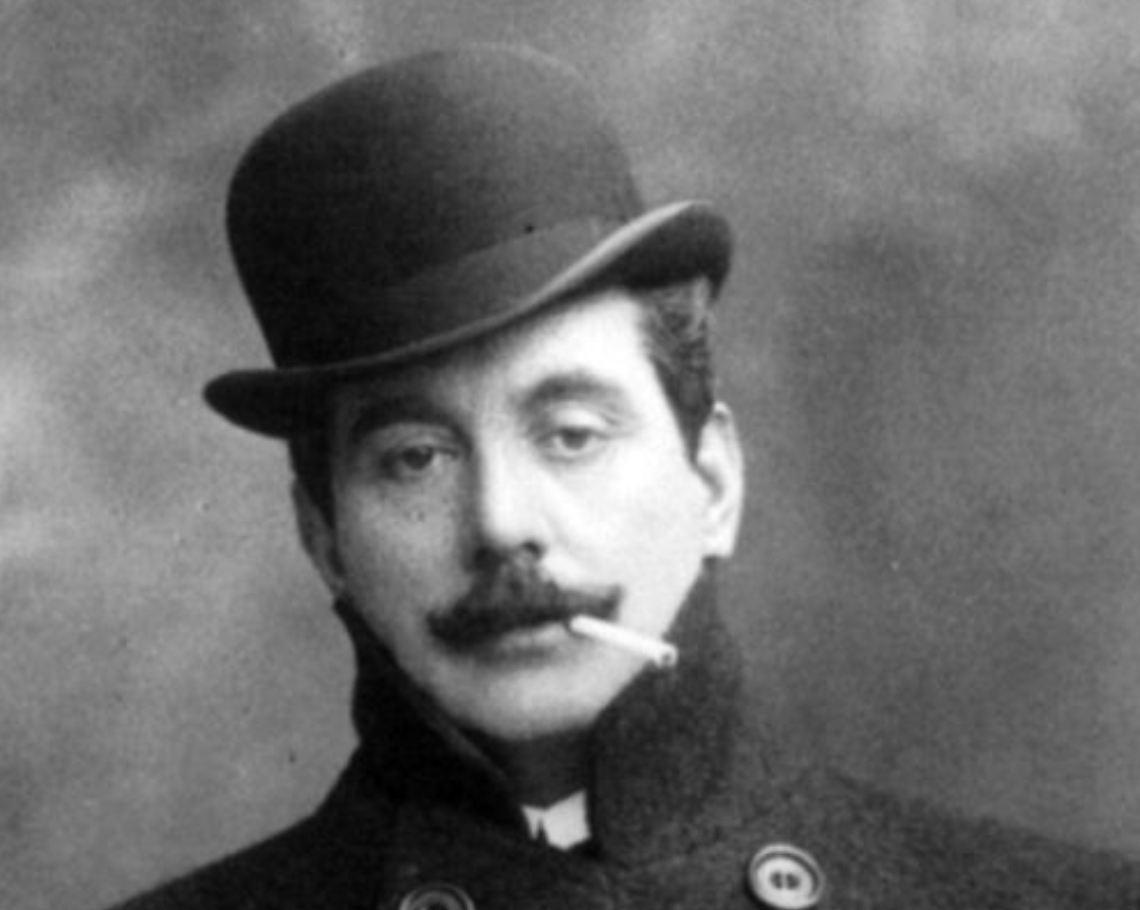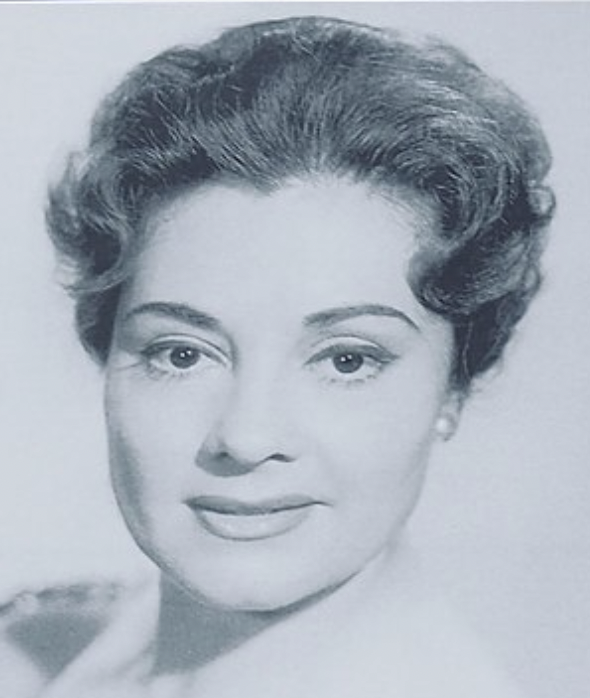01 June 2023
P.R. Jenkins
1969 – a year with Karajan
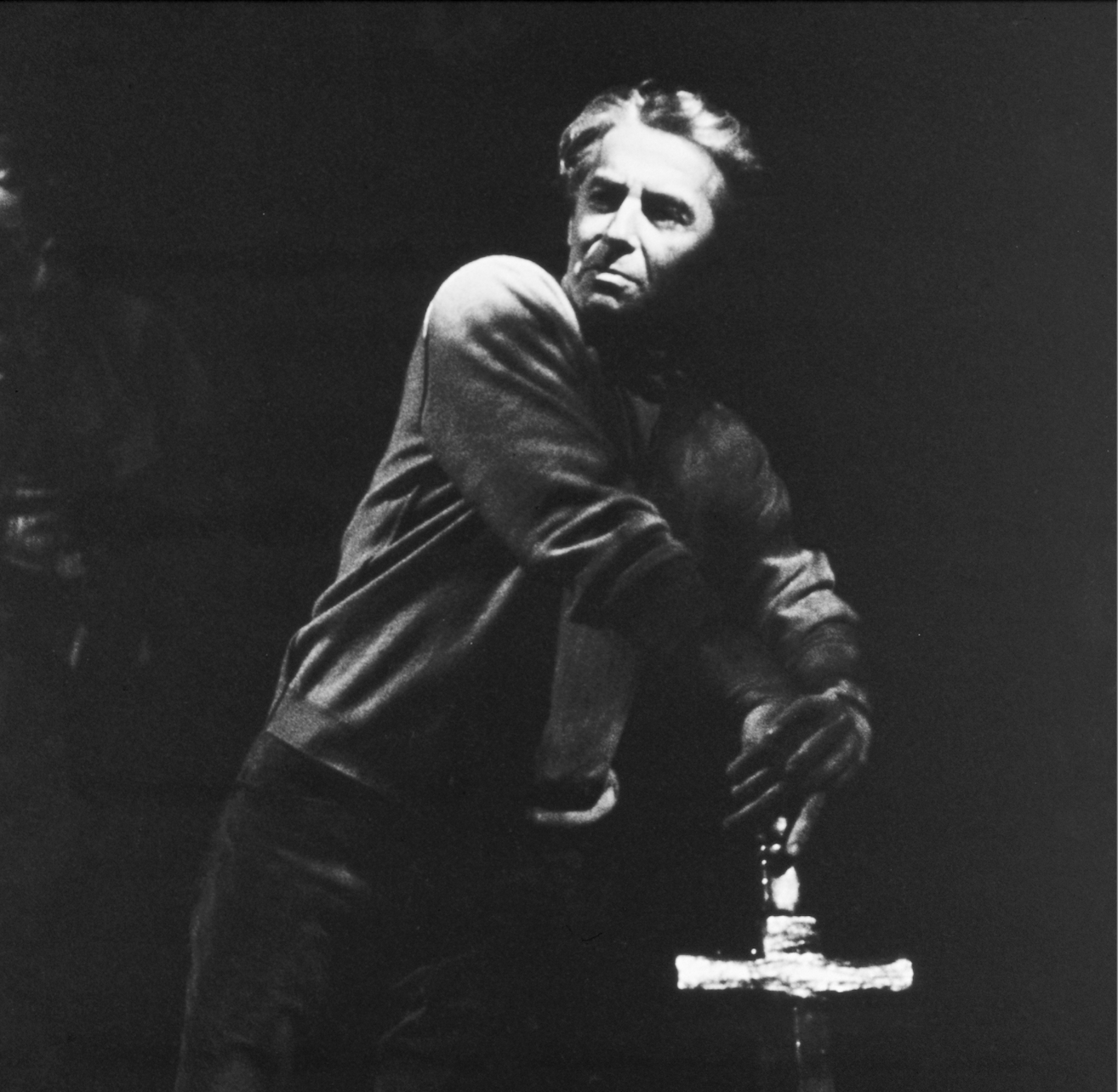
The year 1969 as an example. This is what Karajan managed to achieve within one single year (at an age when most people are heading for retirement).
4 – 5 January Karajan conducts Ligeti for the first time in concert
25 January – 3 February 9 concerts in Germany and Luxemburg in 10 days, completion of the “Siegfried” studio recording
19 February – 1 March performances of “Rheingold” and “The Valkyrie” at the Met in New York
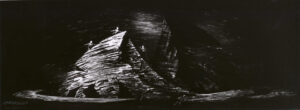
The three “Rheintöchter” Anna Reynolds, Liselotte Rebmann and Edda Moser
March rehearsals for the new “Siegfried” production in Salzburg
30 March “Siegfried” premiere with Jess Thomas
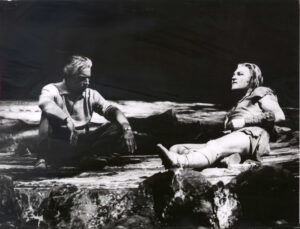
1 April – 7 April 8 concerts and opera performances of “Siegfried” and “Rheingold” in 8 days at the Salzburg Easter Festival
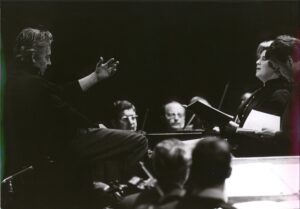
Haydn’s “Creation” with Gundula Janowitz and Hermann Prey in Salzburg
27 April – 6 May 7 concerts in Germany
25 – 26 May 2 concerts in Prague. Watch a short clip here.
28 May – 2 June 5 concerts in Russia in 6 days, performing Shostakovich’s 10th symphony with the composer in the audience
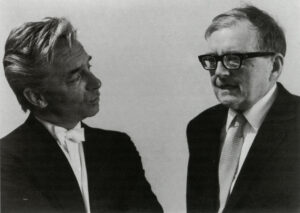
4 June – 2 July 6 concerts in London, Paris and the Netherlands
21 July moon landing at 3:56 am, CET (I bet Karajan was watching!)
1 – 29 August 6 “Don Giovanni” performances and 2 concerts at the Salzburg Festival

31 August – 1 September 2 concerts in Lucerne
3 – 6 September 3 concerts in Mallorca
17 September recording of Beethoven’s “Triple Concert” with Oistrakh, Richter, Rostropovich
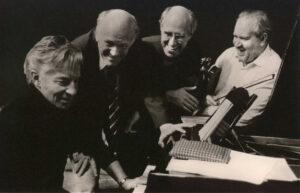
Before 21 September test driver for the new racing track “Salzburgring”
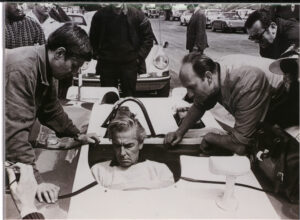
18 – 25 September 5 concerts in Berlin
27 September first “Herbert von Karajan Conductors Competition” in Berlin
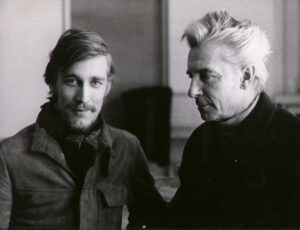
Karajan and the winner Okko Kamu
For his conductor’s competition in 1969, Karajan did something he usually avoided – fundraising. He also asked his record companies to stop sending flowers to his hotel and to donate the money instead. The same with the bottle of champagne the Deutsche Grammophon regularly sent to his dressing-room. He had never asked for Perrier-Jouët champagne, only for Perrier mineral water!
2 – 3 October concerts with the Orchestre de Paris (Karajan had been “adviser” of the orchestra since 1968)
12 – 26 October 5 concerts in Berlin
29 November recording of Franck’s symphony with the Orchestre de Paris
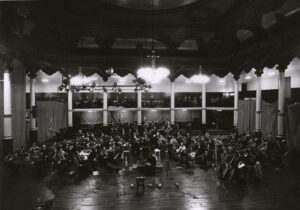
December recording sessions for “Götterdämmerung”
24 December at 2 pm (it’s “Heilig Abend” in Austria!), he sent a telegram to his Brünnhilde Helga Dernesch: “Listened to the Götterdämmerung tapes today – Stop – I am enthusiastic about your deeply felt artistic creation – Stop – I beg you to rest in the days between Christmas and New Year so that the necessary retakes can reach the same level of emotional intensity Best Christmas wishes Yours Herbert von Karajan”
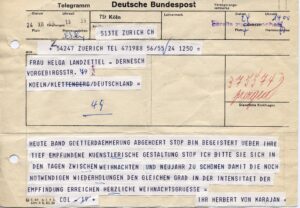
31 December New Year’s Eve concert with Penderecki’s “De Natura Sonoris I”
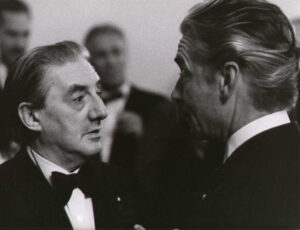
Karajan and Sir John Barbirolli in 1969
Other recordings in 1969:
– Beethoven overtures
– Strauss waltzes and polkas
– Baroque music by Boccherini, Albinoni/Giazotto, Pachelbel
– Honegger’s symphonies No. 2 and 3
– Stravinsky’s symphony in C and concerto for strings
– Bartók’s music for strings, percussion and celesta
– Richard Strauss’ “Metamorphosen”
– Suppé overtures
Karajan and Carlos Kleiber – there was sympathy, appreciation and sometimes a laugh. Klaus König, oboist of the Bavarian State Orchestra, often talked to Kleiber about other great conductors and he recalled: “I praised Karajan’s La Bohème with the Berlin Philharmonic and he said: ‘Alright, that’s not bad, but the overture to Poet and Peasant by Franz von Suppé is really good.’ I was puzzled and talked about the quality of Karajan’s Beethoven symphonies. Kleiber said: ‘Yeah, but nevertheless: Poet and Peasant!’ When he left hours later, I realised that he had been pulling my leg. He often did that.”
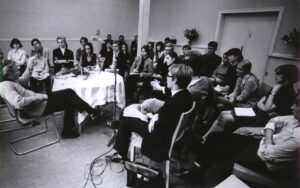
Karajan talking to a school class in 1969
Plus: Wedding of Eva and Günther Schneider-Siemssen (Karajan’s stage designer), Karajan was best man.
We’ve prepared “1969” playlists. Listen to them here.
— P.R. Jenkins